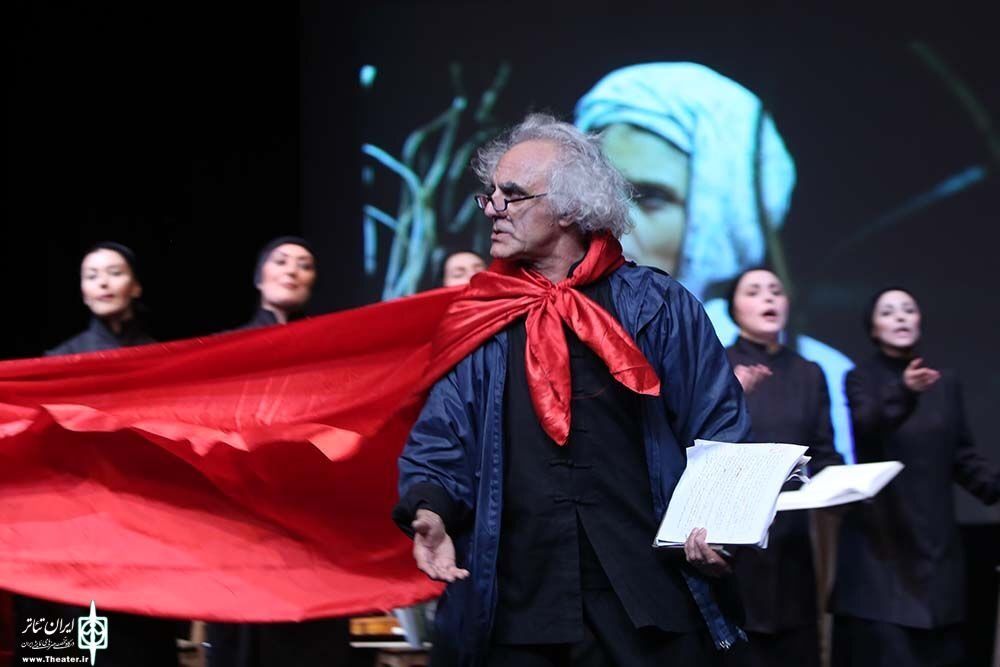Director Mohsen Hosseini working on performance lamenting elimination of Persian gardens

TEHRAN –(Iranart)- Iranian actor and director Mohsen Hosseini are working on a performance that criticizes the elimination of Persian gardens from urban spaces.
Over the past two decades, numerous Persian gardens on the edges of cities and urban spaces have dried up and been replaced by new housing developments.
He plans to stage the performance provisionally named “Fall of the Persian Garden” at Tehran’s Risheh Gallery during autumn.
“For a long time I have been concerned about the issue of the Persian garden; those gardens which were located to the north of Tehran and other cities, and have gradually dried up and been replaced by crowded streets and residential towers,” Hosseini told the Persian service of MNA on Sunday.
The performance will be staged based on poems by French poet Charles Baudelaire and Persian poet Sohrab Sepehri.
Bridging between the Eastern and Western cultures is the trademark of Hosseini’s performances.
He directed “Forugh of Sarah Pina” at the Nazerzadeh Kermani Hall of the Iranshahr Theater Complex during September 2017 to remember Persian poet Forugh Farrokhzad, English playwright Sarah Kane and German choreographer Pina Bausch.
“This play is in praise of love and art, and also is based on works by Forugh Farrokhzad, Sarah Kane and Pina Bausch,” Hosseini had said.
“I always have the greatest respect for these three artist ladies and my works have always come under their influence. These three ladies were similarly the legends in their own lifetimes and their works were distinctly feminine,” he noted.
Earlier in February 2016, he staged “West-East Divan” at Tehran’s City Theater complex based on Johann Wolfgang von Goethe’s work of the same title.
Hosseini’s troupe was invited by Germany’s Goethe-Institut in 2018 to perform the play in Weimar and Frankfurt.
“West-East Divan” contains poems, notes and essays by the German poet, dramatist, novelist and philosopher.
Inspired by the Divan of Hafez (c. 1325-1389), Goethe (1749–1832) blends his own character with that of the Persian poet, who was well acquainted with Quranic and theological subjects.
“West-East Divan” was first translated into Persian by Shojaeddin Shafa in 1949. There are other translations of the book by Kurosh Safavi and Mahmud Haddadi.
Haddadi’s rendition of the book was republished in 2011.
source: Tehran Times

